Iain McKell’s Beautiful Britain launch at 81 Leonard Street
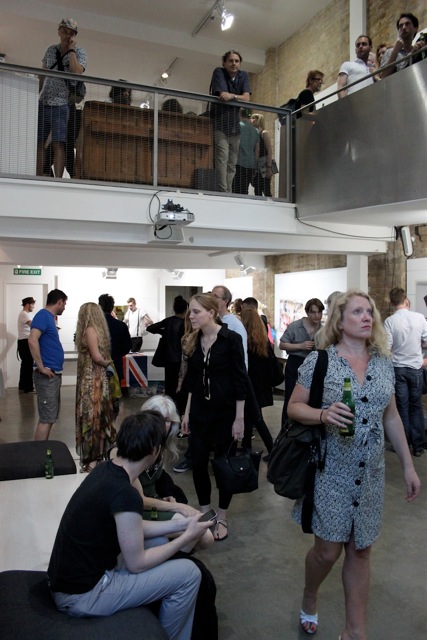
A young girl adjusts her garter in the front seat of a car; a policeman bellows into a skinhead’s ear, he looks down, seemingly unafraid; a woman – exhausted from a night of dancing, drinking, drugs – lies slumped in the corner of a public toilet like a puppet with broken strings; a teenager gazes up from her MacBook in the corner of a bedroom, its walls wild with lurid graffiti.
These are just some of the subjects that renowned photographer Iain McKell includes in his latest book, Beautiful Britain. McKell is celebrated for his ability to pick out beauty in unexpected places and this collection is amongst the most unexpectedly beautiful of them all. Encompassing nearly 35 years of work, the book sums up McKell’s unique, patchwork vision of British society. From backyard barbecues to Page 3 girls, some of the weirdest and most wonderful contours of Britain glare down at us from the walls of 81 Leonard Street. It is here that McKell met last night to discuss – over a quintessentially British cocktail of rose leaf and gin in teacups – why he chose to unite his diverse pictorial fragments under the banner of Beautiful Britain.
“It’s that sense of rebel Britain,” he explained. “I think there’s a poetry. Our kind of bawdy, tacky, aggressiveness that is beautiful. I’m redefining – for myself anyway – what beauty is. It’s not a picture postcard.”
McKell’s love of photography began on the beaches of his hometown Weymouth, taking holiday snaps for tourists. The spirit of the seaside – what McKell calls the “end of the pier melodrama” – also plays a starring role in McKell’s vision of Beautiful Britain. “I wondered why the seaside in Britain is so special,” he mused. “Let’s face it. Weymouth’s not like Cannes, it’s not the Riviera, but there’s that quality of ‘Britishness’ there.” These are not photographs for the tourist board, however: the images are of teenagers slumped in the sand, plump grandmothers grinning up at the camera and gangs marauding menacingly past the piers.
McKell calls this book a “diary of my 35 years” and all of his photographs are imbued with an intense feeling of the personal, the intimate: “A lot of it is getting involved with people,” he expanded, “and having an experience that has something more than reportage commissioning. That’s the thrust of the book.” There is a sense, both in the photographs and his descriptions of Britain, that McKell is uncovering his own cultural identity through his interactions with the country’s colourful characters. It is ‘us’ rather than ‘them’; he is part of the experience, not merely a voyeur.
McKell has photographed countless British icons such as Kate Moss, Lily Cole, Pete Doherty and Robert Carlyle. In this volume, however, the stars take a back seat, making room for the quirky individuals and provocative subcultures that are as much a part of British identity as icons and celebrities. Of his fellow Britons, McKell delightedly states: “We’re very individualistic as a nation. Out of the majorities comes this other side that is very individualistic.”
With the London Olympics and Diamond Jubilee taking place this summer, British culture has been closely inspected, amplified, embellished, glossed over and homogenised. McKell’s book, with its evocative depictions of a nation’s darker, richer undercurrent, is a timely reminder of the fanaticism, eccentricity and rebel spirit that truly makes Britain beautiful.
Maia Jenkins
Photos: Sherinne Abdou
Beautiful Britain is published by Prestel on 30th April 2012.

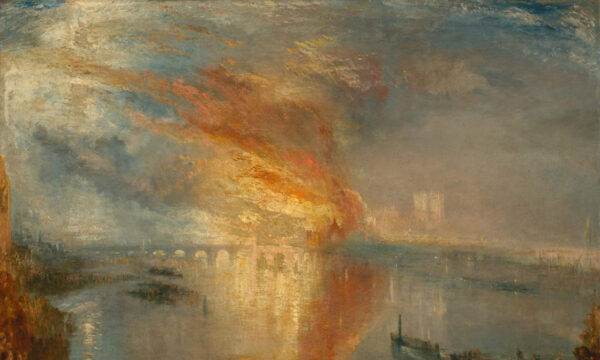
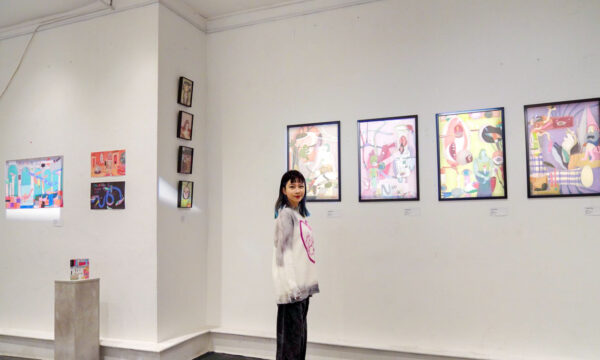
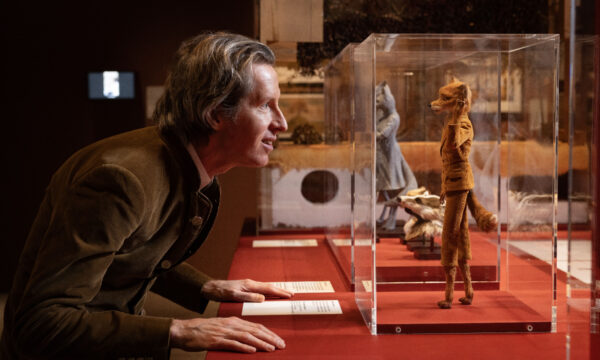
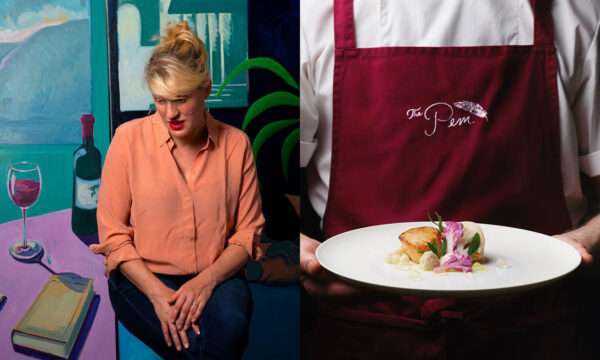
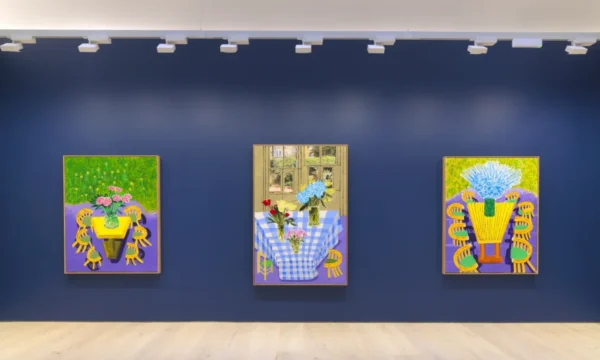
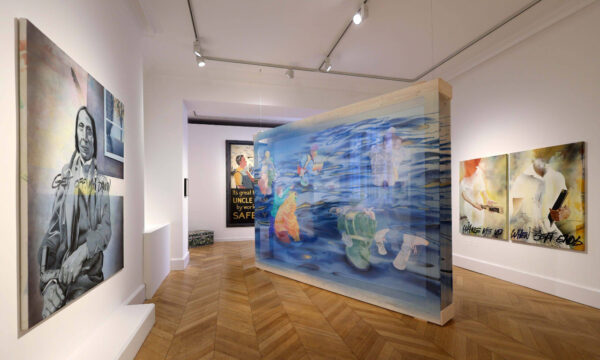
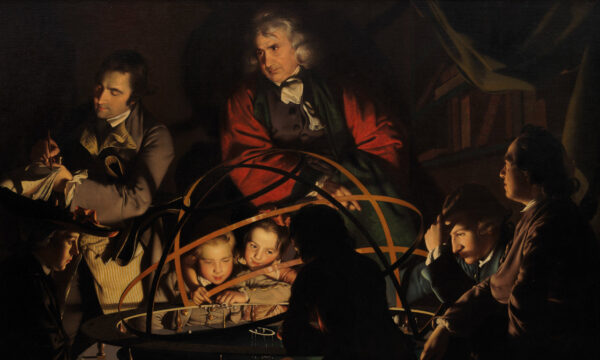
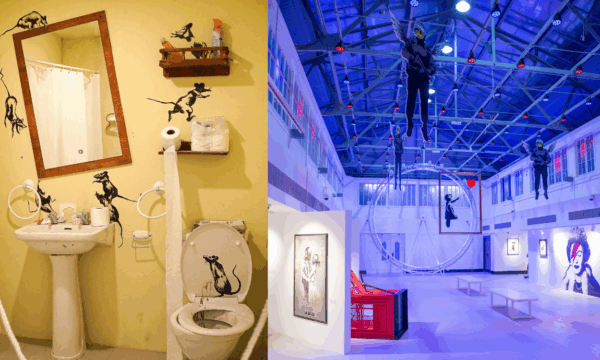
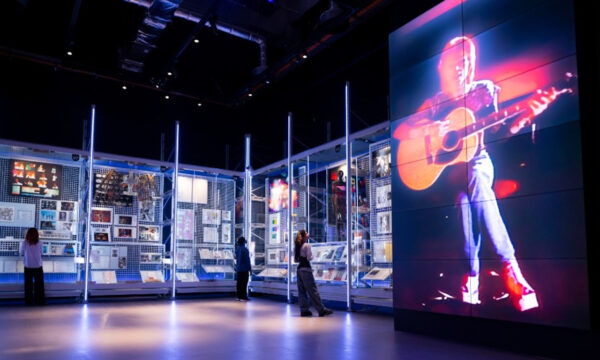















Facebook
Twitter
Instagram
YouTube
RSS